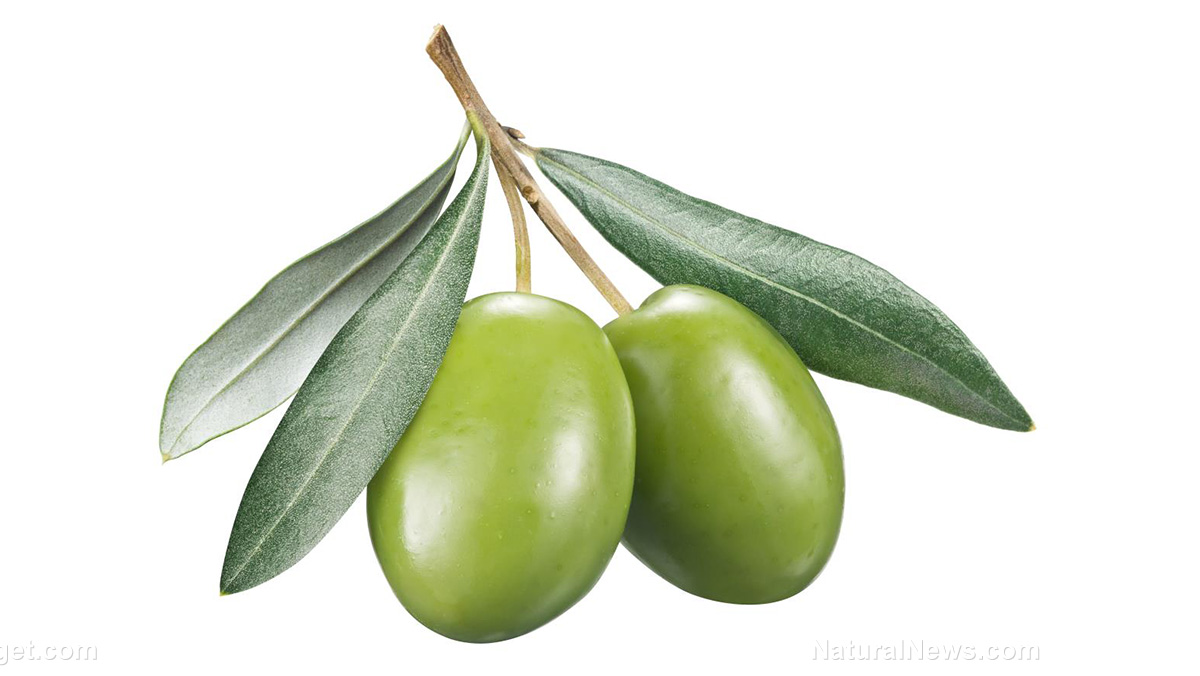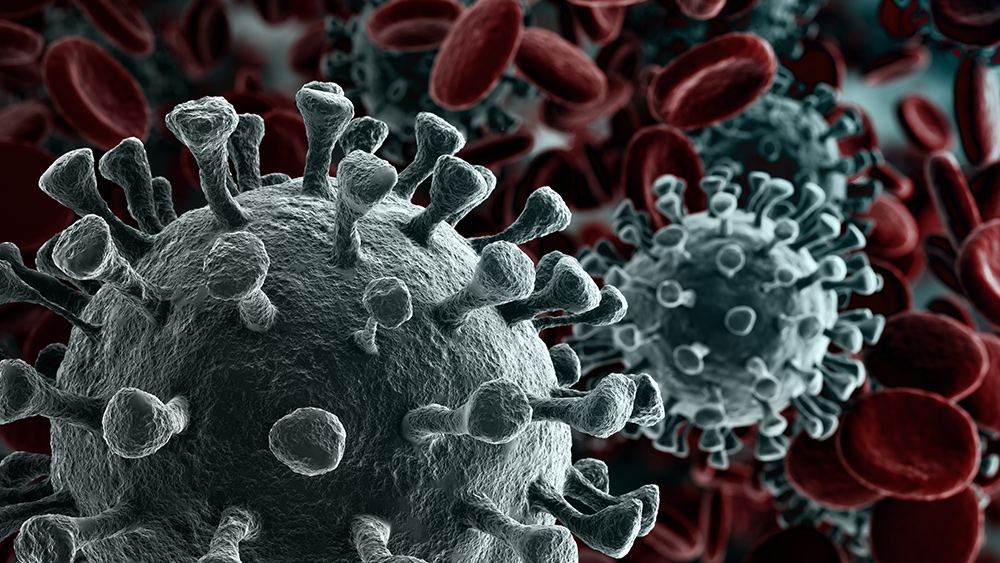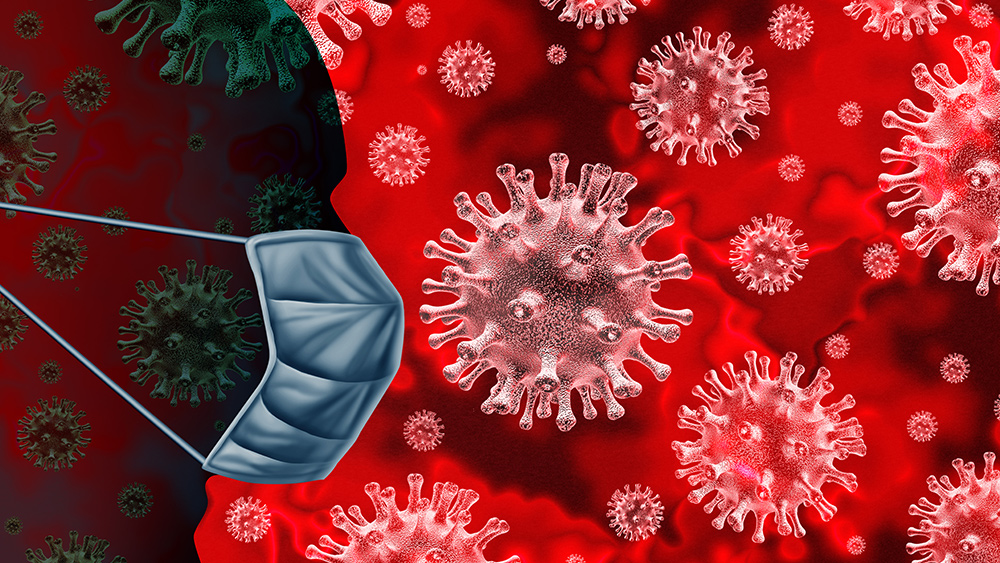Anti-hyperlipidemic properties of olive leaf tea
02/05/2020 / By Evangelyn Rodriguez

In this study, researchers from the University of Tsukuba in Japan explored the health benefits of olive leaf tea (OLT) in individuals with pre-diabetes, as well as compared the health benefits of low-concentration OLT (LOLT) and OLT. Their results were published in the journal Nutrition Research.
- Olive leaves are rich in oleuropein, a phytonutrient with beneficial effects on dyslipidemia, Type 2 diabetes and obesity.
- In their previous study, the researchers reported that OLT provides no significant health benefits for non-obese and non-diabetic individuals.
- They thus hypothesized that OLT may have a more pronounced effect on abdominal obesity, as well as glucose and lipid metabolism, in pre-diabetics.
- The researchers recruited individuals (40 – 70 years old) with a body mass index of 23 – 29.9 kilograms (kg)/square meters (m2) and randomly assigned them to the OLT or LOLT group.
- The intervention, which involved consumption of 330 milliliters (mL) of OLT or LOLT thrice daily during mealtime, lasted for 12 weeks.
- The researchers found that after the intervention, serum levels of log-transformed triglycerideds and low-density lipoprotein (LDL) significantly decreased in the OLT group. These reductions were higher than those in the LOLT group.
- Although body weight, waist circumference and insulin levels did not significantly change in both groups, the fasting blood sugar levels of the OLT group were more significantly reduced than those of the LOLT group.
Based on these results, the researchers concluded that OLT has lipid-lowering effects on pre-diabetics. Further studies, however, are needed to accurately determine its effect on abdominal obesity and glucose metabolism.
Journal Reference:
Araki R, Fujie K, Yuine N, Watabe Y, Nakata Y, Suzuki H, Isoda H, Hashimoto K. OLIVE LEAF TEA IS BENEFICIAL FOR LIPID METABOLISM IN ADULTS WITH PREDIABETES: AN EXPLORATORY RANDOMIZED CONTROLLED TRIAL. Nutrition Research. July 2019;67:60–66. DOI: 10.1016/j.nutres.2019.05.003
Tagged Under: alternative medicine, diabetes, food cures, food is medicine, food science, functional food, herbal medicine, Herbs, natural cures, natural medicine, olive leaf tea, Prediabetes, remedies, research


















